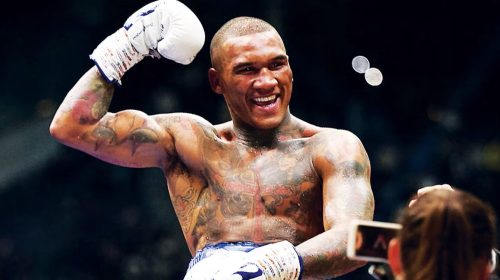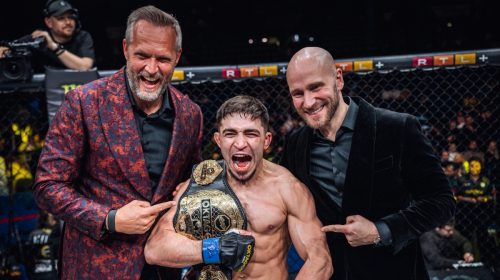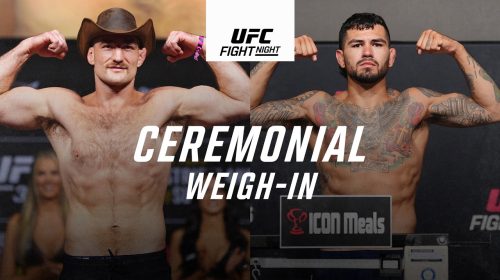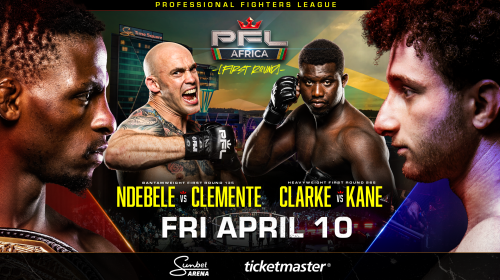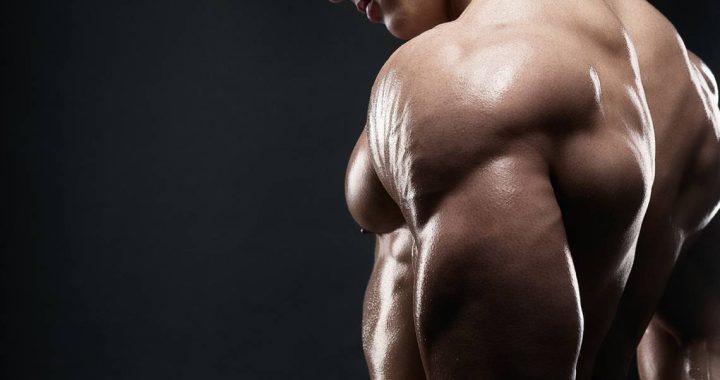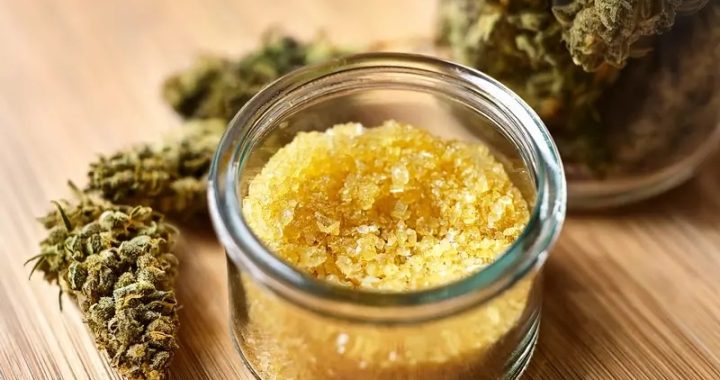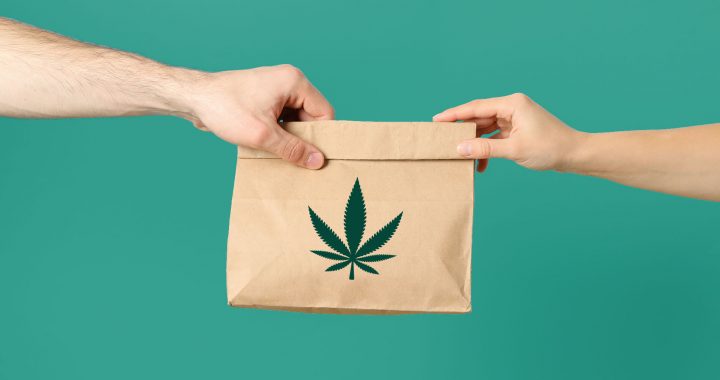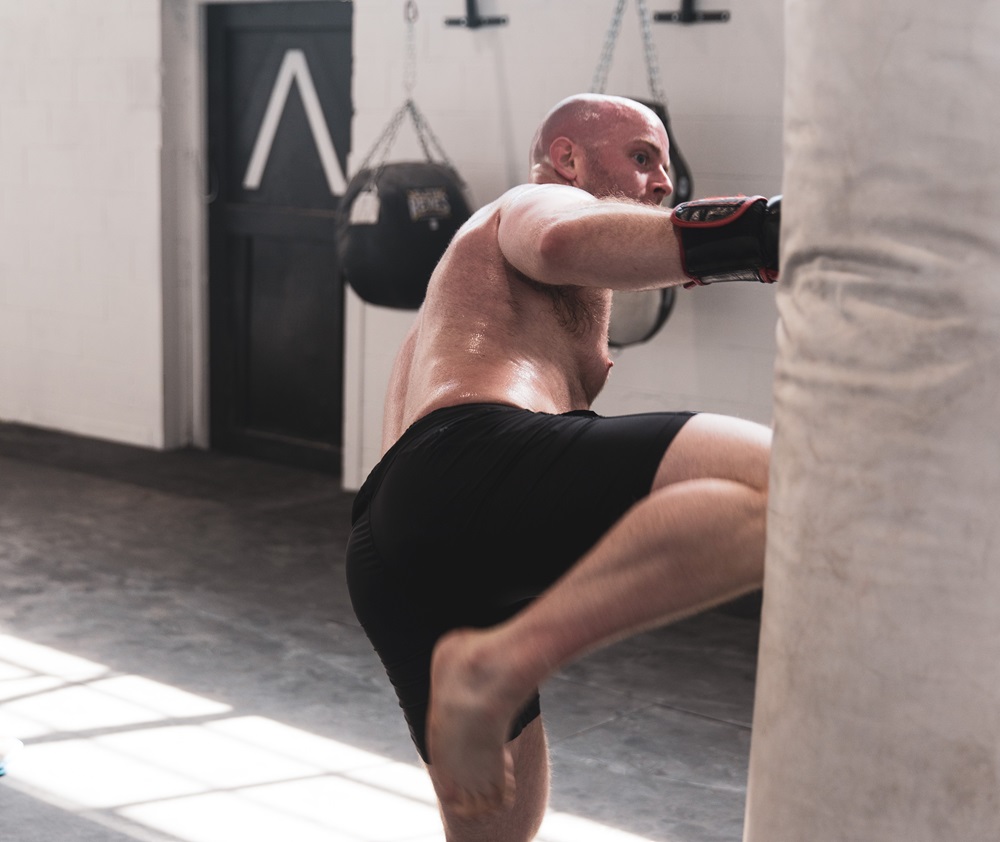
Enhancing Performance and Recovery in MMA
MMA is a colorful and rather intense type of fight that incorporates all kinds of fighting styles. This requires athletes to have a lot of strength, stamina, and mental toughness as if it challenges them. Thus, recovery protocols and performance enhancement strategies are critical in a physically demanding sport.
Training Techniques for MMA Fighters
Muscle gain and increasing strength are important for MMA fighters. Some strength training exercises include squats, bench presses, and pull-ups, which target and improve the strength of muscles in the core region. Compound exercises that involve movement patterns similar to those used in a fight also boost the fighters’ functional strength, which has a straightforward application in the fighting circle.
Cardiovascular Drills for Stamina
Persistence is crucial in MMA since fights can often last a long time and be very tiring. Stamina-enhancing cardiovascular exercises such as running, cycling, and swimming also fall under the cardiovascular category of workouts. Thus, HIIT is very beneficial since it replicates the level of activity employed during a fight while also addressing both the aerobic and anaerobic capacities.
Flexibility and Mobility Workouts
For this reason, movement or freedom of movement is very important for fighters to avoid muscle strain. Stretching, as well as dynamic warm-ups, are neat additions to a fighter’s flexibility routine, as are yoga poses. These exercises enhance the flexibility of muscles and degrees of freedom in the neighboring joints necessary for delivering high-opening kicks and defense movements.
Nutritional Strategies for Optimal Performance
Therefore, the MMA diet should contain carbohydrates for energy, proteins for tissue repair, and fats for general body maintenance. Micronutrients are carbohydrates, which provide energy, and proteins, which are used in muscle repair and building. Healthy fats are stores for long-term energy and hormones that are crucial for muscular movements, making them important for athletes.
Hydration Techniques and Tips
Staying subsequently hydrated is crucial in MMA so that one can be in good standing to record the best results. Here are a few tips:
- Drink water consistently throughout the day, not just during workouts.
- Use electrolyte-enhanced drinks during intense training to maintain electrolyte balance.
- Avoid beverages that can dehydrate, like those with high caffeine or sugar levels.
Benefits of Anavar
Athletes who discover the benefits of Anavar find it much easier to gain lean muscle mass and reduce fat mass, which can be beneficial in weight loss sports such as MMA. However, one must look at some such products’ legal and health consequences. Users are advised to contact a doctor and acquaint themselves with the rules of the given sport regarding the use of Anavar.
Injury Prevention and Management
Similar to combat sports, MMA fighters are vulnerable to multiple types of injuries because of the sport’s contact nature. Such injuries include joint dislocations, muscle strains, and ligament strains. Any joint is at risk, though the knees, shoulders, and hands are most prone. Strokes are also a big problem because of the sport’s striking and grappling maneuvers. Knowledge of these usual injuries will assist the performer in preventing them easily.
Preventative Measures and Protective Gear
To minimize the risk of injury, athletes can adopt several preventative strategies:
- Strength and flexibility exercises should be carried out regularly to maintain the good health of muscles and joints.
- Rest days should be included in the training and practices to give the muscles adequate time to rest before they are used again.
- Wearing high-quality mouth guards, head gears, and shin guards during training and during actual games to minimize the chances of a very sensitive part of the body being struck very hard.
Rehabilitation Techniques for Faster Recovery
Rehabilitation is even crucial for swift recovery and getting to the field as soon as possible. Important activities like physiotherapy or exercise therapy, which involves activities that help the patient build their muscles to support themselves and move around, and massage therapy, because it helps to ease tension and promote blood circulation, are among the most important. It is also necessary to note that cryotherapy and hydrotherapy are helpful for the process of promoting the anti-inflammatory effect and stimulating the recovery of muscles.
Psychological Preparation for MMA Athletes
As in almost all combat sports, mental training is as important as physical conditioning in MMA. This includes virtues such as shock-proofing, concentration, and the capacity to endure pain and tiredness in fights. Mental training can be done through cognitive behavioral training; this increases a fighter’s tolerance of pressure and, hence, their ability to remain focused.
Visualization and Mental Rehearsal Techniques
Visualization is a powerful tool for athletes. By mentally rehearsing fights, techniques, and strategies, fighters can enhance their mental preparedness and improve their reaction times during combat. Regular visualization practice helps cement these movements and strategies in the fighter’s subconscious, making them more intuitive during a match.
Coping Strategies for Stress and Anxiety
Managing stress and anxiety is crucial for peak performance in MMA. Techniques such as deep breathing exercises, meditation, and yoga can help fighters maintain mental clarity and reduce performance anxiety. Additionally, working with sports psychologists can provide athletes with tailored strategies to handle pre-fight nerves and post-fight emotions effectively.
The Role of Supplements in MMA
The decision to use supplements should be based on individual nutritional needs, training demands, and specific health conditions. Supplements can fill dietary gaps, enhance recovery, and boost performance. However, MMA fighters must consider their particular needs based on the intensity of their training and advice from nutrition experts to ensure they are beneficial and necessary.
Legal and Safe Supplements for Fighters
It’s crucial for fighters to choose supplements that are legal and safe. Options such as whey protein for muscle repair, creatine for energy production, and branched-chain amino acids (BCAAs) for muscle growth and recovery are popular among athletes. These supplements should be certified by recognized sports nutrition bodies to ensure they are free from banned substances.
Potential Risks and Side Effects
Supplement use is not without risks. Here are a few potential side effects:
- Liver damage from excessive protein intake or unsafe ingredients.
- Increased heart rate and high blood pressure from stimulants.
- The high intake of certain minerals or vitamins causes digestive issues.
Technology and Innovation in MMA Training
Wearable technology has revolutionized how fighters train and monitor their progress. Devices like heart rate monitors, GPS trackers, and smart watches provide real-time data on a fighter’s physical state, allowing for more tailored and efficient training programs.
Advanced Training Equipment
Innovations in training equipment have greatly enhanced the training quality for MMA fighters. High-tech punching bags that record impact force and virtual reality systems that simulate different fighting scenarios are examples of how technology enhances training effectiveness and engagement.
Software and Apps for Training Optimization
Software and apps play a significant role in planning and optimizing training. These tools help design personalized training sessions, monitor progress, and even provide virtual coaching. Apps can also help manage diet and recovery, ensuring that all aspects of a fighter’s preparation are covered.
Evolving with the Sport: Continuous Learning and Adaptation
Continual learning and adaptation are vital. Fighters are encouraged to stay updated with the latest training methods and health guidelines, maintain regular consultations with health and sports professionals, and always prioritize safety and ethics in their training and competition practices. The world of MMA is always evolving, and so should the practices of its athletes. Embrace change, seek new knowledge, and continuously refine techniques to stay at the forefront of the sport. Remember, the greatest fighters are physically strong, adaptable, and knowledgeable.
